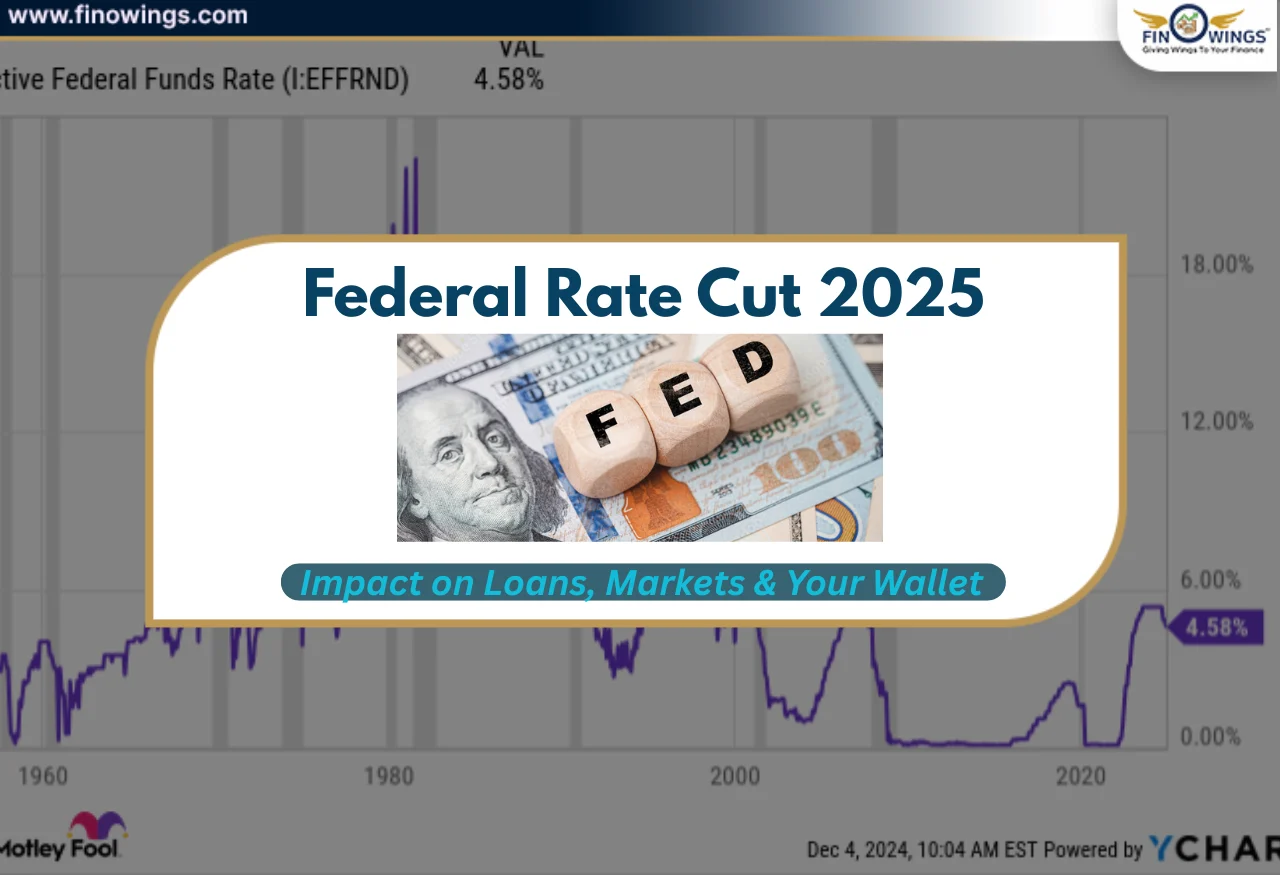Home >> Blog >> SEBI's New F&O Rules: Impact on Stock Brokers Like Zerodha
SEBI's New F&O Rules: Impact on Stock Brokers Like Zerodha

Table of Contents
Introduction to SEBI's New F&O Rules
SEBI, the Securities and Exchange Board of India, has introduced new rules for Futures and Options (F&O) trading. These changes aim to enhance market stability and protect investors.
The new regulations have significant implications for brokers such as Zerodha, Upstox, Groww, and Angel One. This article delves into the details of these rules and their potential impact on the stock market and trading community.
Understanding SEBI's Objectives
SEBI's new rules are designed to create a more transparent and secure trading environment. By implementing stricter guidelines, SEBI aims to minimize risks and prevent market manipulation.
These regulations focus on ensuring that brokers and traders adhere to high standards of accountability and transparency. This section will outline the primary objectives behind SEBI's new rules.
Detailed Video
Key Changes in F&O Trading Regulations
SEBI's new rules introduce several key changes in the F&O trading landscape. These changes are intended to enhance market integrity and protect investors from potential risks.
Let's explore the major alterations that SEBI has mandated for F&O trading:
· Increased margin requirements
· Stricter compliance norms
· Enhanced disclosure obligations
· Improved risk management practices
Impact on Brokers
Brokers like Zerodha, Upstox, Groww, and Angel One will face significant adjustments due to SEBI's new rules. These brokers must adapt their operations to comply with the updated regulations.
This section will discuss how these brokers are likely to be affected and the measures they may need to take to align with SEBI's directives.
Zerodha
Zerodha, known for its innovative trading platforms, will need to revise its risk management strategies. The increased margin requirements may impact its customer base, especially retail traders.
Zerodha's focus will likely shift towards educating its clients about the new rules and ensuring that they understand the implications for their trading activities.
Upstox
Upstox, another popular broker, will also need to comply with the new margin requirements and disclosure norms. This could lead to increased operational costs and a need for enhanced technology solutions.
Upstox may invest in advanced risk management systems to meet SEBI's standards and safeguard its clients' interests.
Groww
Groww, which has gained popularity for its user-friendly platform, will face challenges in adapting to the new compliance norms. The broker will need to ensure that its clients are well-informed about the changes.
Groww's focus on transparency and education will be crucial in helping its users navigate the new trading environment.
Angel One
Angel One, a well-established broker, will need to align its operations with the enhanced disclosure obligations mandated by SEBI. This may involve significant changes in its reporting and compliance processes.
Angel One's experience in the market will be an asset in managing these transitions and maintaining its client base.
Challenges for Retail Traders
Retail traders will face several challenges due to SEBI's new F&O rules. The increased margin requirements may limit their trading activities and impact their profitability.
This section will explore the specific challenges retail traders might encounter and provide insights into how they can adapt to the new regulations.
· Higher capital requirements
· Reduced leverage
· Need for better risk management
· Increased compliance costs
Benefits of the New Regulations
Despite the challenges, SEBI's new rules offer several benefits for the market and investors. These regulations aim to create a more stable and transparent trading environment.
This section will highlight the key benefits of SEBI's new F&O rules:
· Enhanced market stability
· Reduced risk of manipulation
· Improved investor protection
· Greater transparency
Strategies for Adapting to the New Rules
Both brokers and traders will need to develop strategies to adapt to SEBI's new F&O regulations. By implementing effective measures, they can navigate the changes successfully.
This section will provide practical strategies for brokers and traders to comply with the new rules and continue thriving in the market.
For Brokers
· Invest in technology
· Enhance risk management
· Educate clients
· Ensure compliance
For Traders
· Understand new rules
· Manage risks effectively
· Maintain sufficient capital
· Stay informed
Conclusion
SEBI's new F&O rules represent a significant shift in the Indian stock market landscape. While these changes bring challenges, they also offer opportunities for a more stable and transparent trading environment.
Brokers and traders must adapt to these regulations to ensure continued success. By understanding the new rules and implementing effective strategies, they can navigate this transition smoothly.
Ultimately, SEBI's new regulations aim to protect investors and enhance the integrity of the market, fostering a more secure and transparent trading ecosystem.
Want to start your journey in Stock market trading and investing? Join our Stock Market Class to become a beginner to expert trader! We cover everything from the basics of trading to advanced strategies for picking stocks. Plus, we're offering a special discount for women and students. Don't miss out - Enroll now and kickstart your path to success in the stock market!
Open a world of Stock Market by Opening a Demat Account with your favourite Broking firm & Get a trading Strategy worth Rs.15,000!
Author
Frequently Asked Questions
SEBI, the Securities and Exchange Board of India, has introduced new rules for Futures and Options (F&O) trading to enhance market stability and protect investors. These regulations include increased margin requirements, stricter compliance norms, enhanced disclosure obligations, and improved risk management practices.
Brokers will need to adapt their operations to comply with the updated regulations. For instance, Zerodha will need to revise its risk management strategies, Upstox may face increased operational costs, Groww will need to ensure client education, and Angel One will have to align its operations with enhanced disclosure obligations.
Retail traders will encounter several challenges, including higher capital requirements, reduced leverage, the need for better risk management, and increased compliance costs. These changes may limit their trading activities and impact their profitability.
Despite the challenges, SEBI's new rules offer several benefits, including enhanced market stability, reduced risk of manipulation, improved investor protection, and greater transparency. These regulations aim to create a more stable and secure trading environment.
Brokers should invest in technology, enhance risk management, educate clients, and ensure compliance. Traders should understand the new rules, manage risks effectively, maintain sufficient capital, and stay informed. By implementing these strategies, both brokers and traders can navigate the changes successfully and continue thriving in the market.





.webp)














